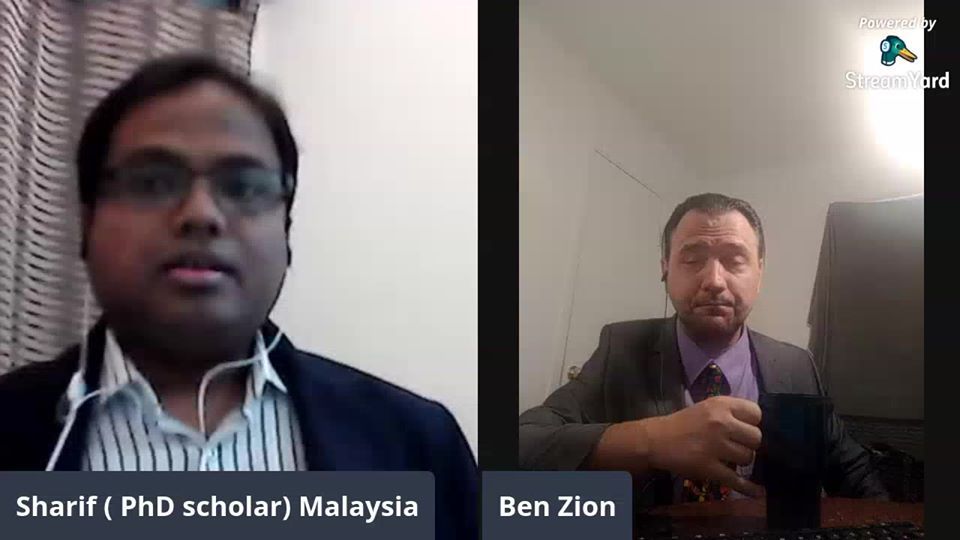Jul 4, 2020
Elon Musk accepts Oklahoma Gov. invite, visits site of proposed Tesla factory in Tulsa
Posted by Genevieve Klien in categories: Elon Musk, government, policy, sustainability, transportation
On Friday afternoon, Tesla CEO Elon Musk and Director of Policy and Government Affairs Craig Hulse landed in Tulsa, OK, for a meeting with local officials. Musk’s trip comes amidst Tesla’s highly anticipated announcement about the site of the Cybertruck Gigafactory, the electric car maker’s upcoming manufacturing plant for its unique all-electric pickup.
Musk and Hulse were welcomed by Gov. Kevin Stitt and Secretary of Commerce Sean Kouplen, as well as the property owner of a plot of land that the city is offering to the electric car maker. Images shared by the Gov. Stitt show Musk and local officials conversing in the middle of a massive plot of land. The meetup seemed to be private and simple, though the governor highlighted that he still believes that Tulsa is the perfect place for Tesla’s next vehicle production plant.


















